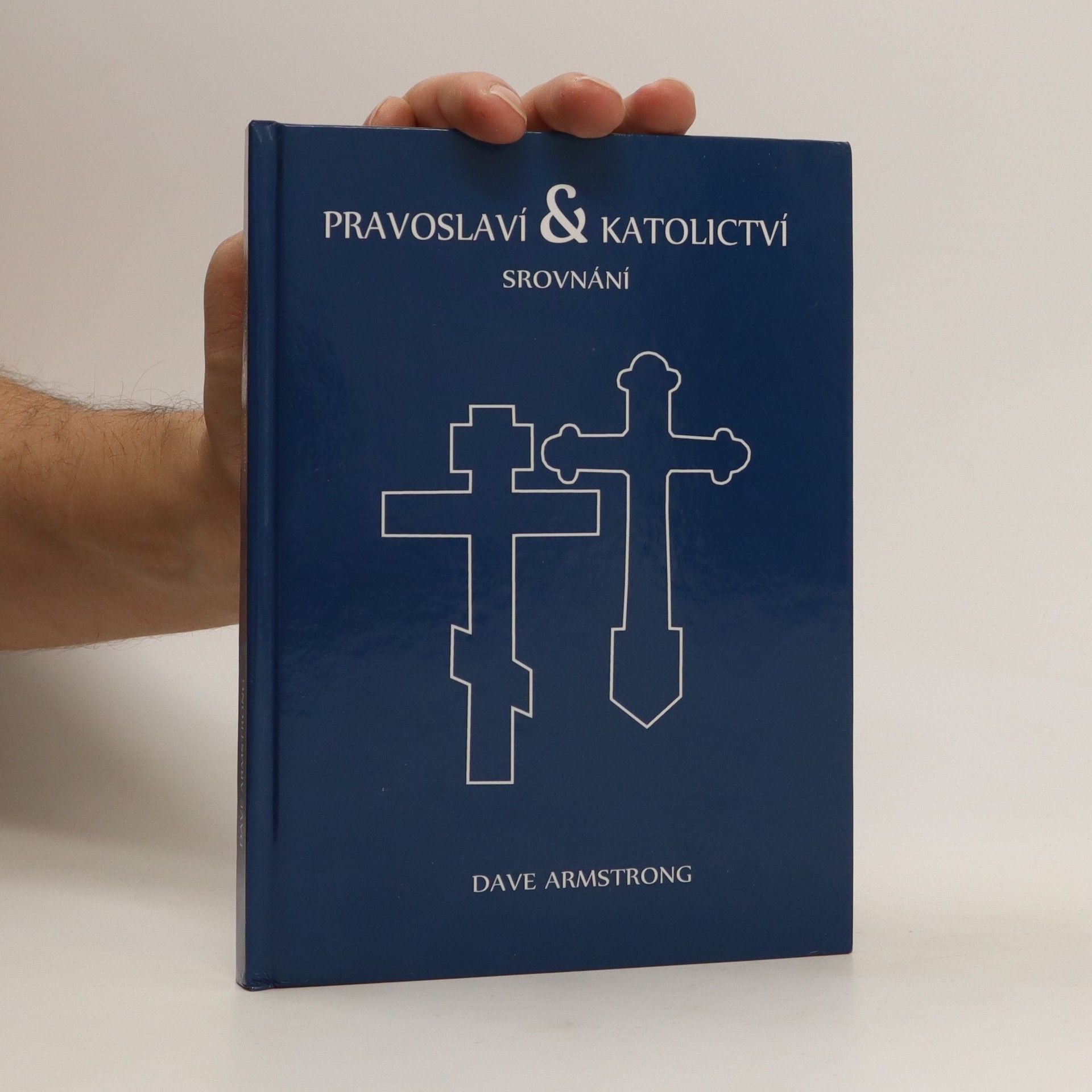Biblical Defense of Catholicism
- 318pages
- 12 heures de lecture
With a mastery of Scripture equal to that of the most committed Protestants, author David Armstrong here shows that the Catholic Church is the “Bible Church par excellence,” and that many common Protestant doctrines are in fact themselves not biblical.

